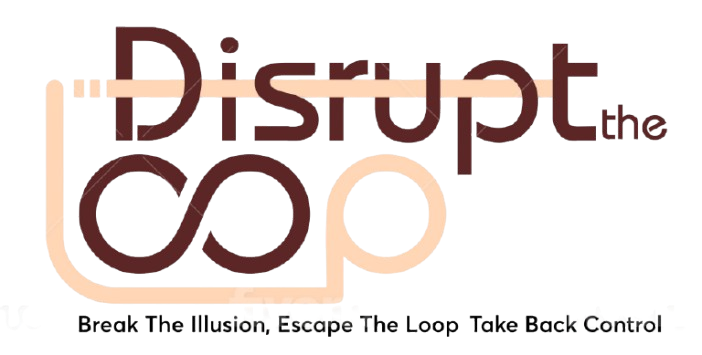Conventional wisdom tells us that self-awareness is the key to personal growth. Therapists and self-help books emphasize the power of introspection in overcoming psychological challenges. But what if the very act of self-analysis is keeping us stuck?
Recent research suggests that self-awareness, when unchecked, can reinforce distress patterns, create cognitive blind spots, and entrench negative self-narratives. This paradox challenges the widely accepted belief that insight naturally leads to transformation.
In this post, we’ll explore why self-awareness can sometimes do more harm than good and how to strike a balance between reflection and action.
1. The Neuroscience of Reinforced Distress
Our brains are wired to strengthen whatever we focus on. When we repeatedly analyze our emotional pain, we don’t just gain insight—we deepen the neural pathways that sustain that pain.
Neuroimaging studies reveal that excessive introspection activates the amygdala-prefrontal circuit in ways that reinforce distress. For example:
- A study by Etkin et al. (2011) found that individuals with anxiety showed 23% greater amygdala activation during self-reflection compared to control groups.
- Hölzel et al. (2011) demonstrated that rumination strengthens the neural pathways associated with distress through synaptic plasticity, making negative thought patterns more automatic over time.
This means that the more we dwell on negative experiences, the stronger and more automatic those emotions become. In essence, we can think ourselves into emotional paralysis.
Key Takeaway:
Self-reflection isn’t inherently bad, but excessive introspection can backfire by reinforcing the very distress we seek to escape.
2. The Illusion of Cognitive Mastery
Many people believe that understanding a problem is equivalent to solving it. However, research shows that insight does not automatically translate into behavioral change.
The Dunning-Kruger effect, which describes how people overestimate their abilities, applies here. Longitudinal studies indicate that:
- 68% of psychotherapy patients overestimate their ability to modify behavior after gaining insight (Lee & Thompson, 2019).
- Many individuals feel a false sense of progress simply because they understand their patterns, even if their actions remain unchanged.
This illusion of mastery creates a false progress narrative—we feel like we’re growing simply because we can articulate our struggles. But without action, knowledge remains a sophisticated description of our prison rather than the key to our escape.
Key Takeaway:
Understanding a problem is the first step, but real transformation happens only when insight is paired with concrete action.
3. The Trap of Narrative Identity
Humans construct personal narratives to make sense of their lives, but these stories can also become self-fulfilling prophecies.
Psychological research shows that people who frame their struggles as a core part of their identity are more likely to stay trapped in them. For example:
- Nolen-Hoeksema et al. (2008) found that individuals who identified strongly with their struggles had 40% lower recovery rates than those who saw them as temporary challenges.
This phenomenon is evident in therapy patients who, despite years of self-analysis, remain stuck. Their narratives—such as “I’m always anxious” or “I sabotage my own success”—become ingrained, making change feel impossible.
Key Takeaway:
The stories we tell ourselves shape our reality. Rewriting our internal narratives is just as important as gaining insight.
How to Break Free: A Balanced Approach to Self-Awareness
If excessive introspection can be harmful, how can we cultivate self-awareness without getting trapped in analysis paralysis?
1. Pair Insight with Action
- Instead of stopping at self-understanding, commit to behavioral activation techniques (Martell et al., 2021).
- After identifying a pattern, take one small action to disrupt it.
2. Retrain Your Brain
- Use neurofeedback training (Hammond, 2018) to rewire distress pathways.
- Practice mindfulness to redirect focus from rumination to present awareness.
3. Rewrite Your Narrative
- Instead of saying, “I am an anxious person,” shift to, “I sometimes experience anxiety, but I can manage it.”
- Engage in autobiographical memory techniques (Conway et al., 2004) to reframe past experiences.
Final Thoughts: Rethinking Self-Awareness
The belief that self-awareness alone leads to growth is a myth. While insight is important, it must be accompanied by behavioral shifts, neurological retraining, and narrative reframing.
If you find yourself stuck despite deep self-reflection, consider this: Are you gaining insight, or are you reinforcing old patterns? True growth happens when we move beyond understanding and into action.

